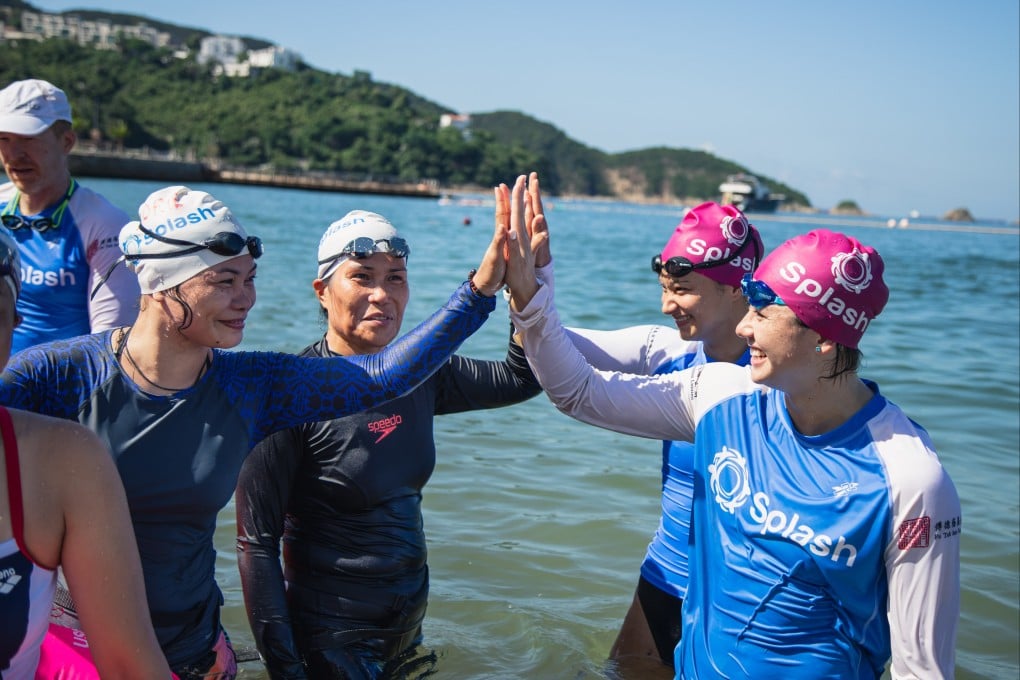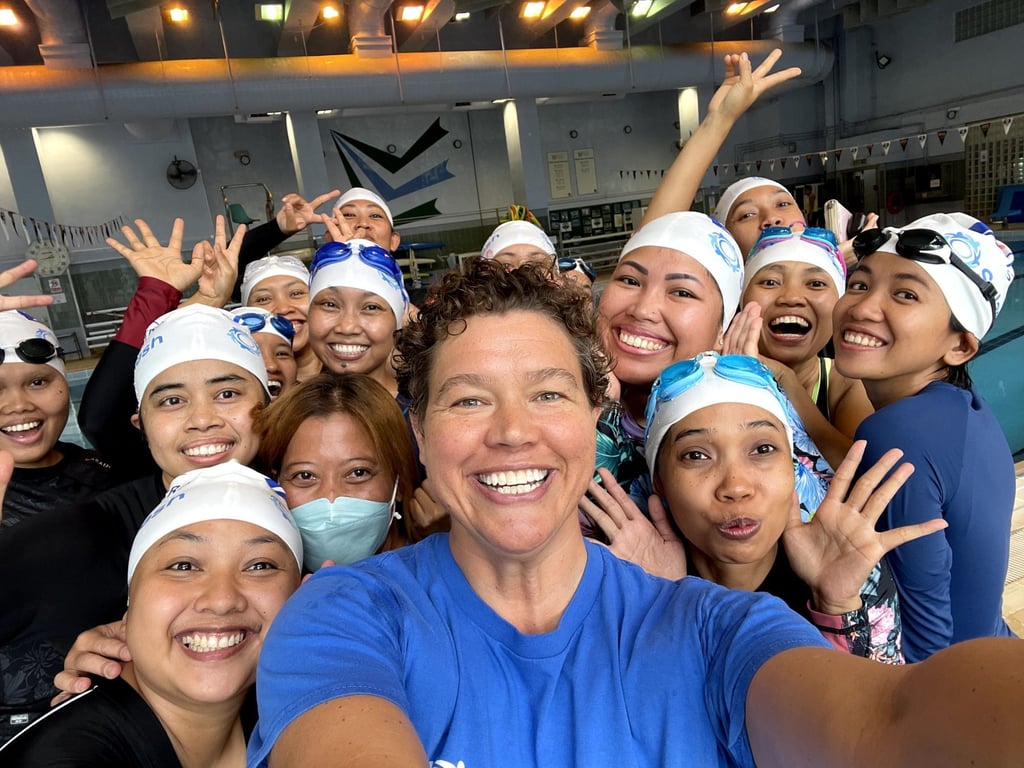Advertisement
Hong Kong charity posts free YouTube swimming lessons ahead of the city’s pools and beaches reopening
- Splash Foundation’s YouTube videos are aimed at teaching absolute beginners to swim, and include dry-land exercises while social distancing rules are in force
- The charity has helped children from low-income families, foreign domestic helpers and children with disabilities discover the joys and benefits of swimming
Reading Time:3 minutes
Why you can trust SCMP
2

Hong Kong-based charity Splash Foundation has launched a free learn-to-swim video series for people who want to acquire the skills but have nowhere to start.
With Hong Kong poised for another hot summer, under social distancing rules beaches and pools remain closed until sometime in May, when the second phase of their relaxation is expected.
“Producing and sharing these videos brings us a step closer to our mission that everyone can swim and should have the opportunity to learn,” says Splash chief executive officer and co-founder Libby Alexander.
Advertisement
The timely seven-episode online educational resource, hosted on YouTube, is intended for absolute beginners and demonstrates the progression of skills required to be an efficient and confident swimmer.

The short tutorials include fundamentals of water safety, getting comfortable in the water, floating and gliding, rotating, deep water submersion and stroke technique.
Advertisement
Advertisement
Select Voice
Select Speed
1.00x